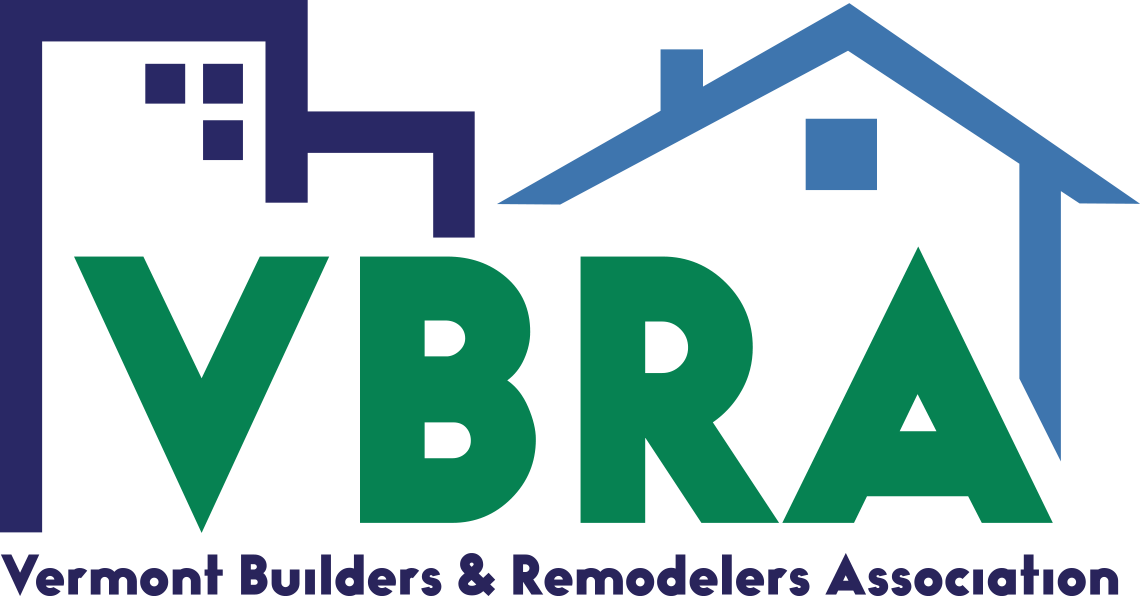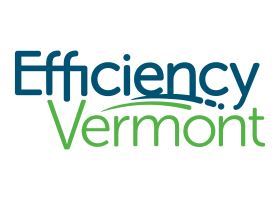 |
About this Page Frequently Asked Questions: Appraisal of High-Performance Homes These frequently asked questions and the answers provided were developed for the Vermont Builders and Remodelers Association’s Education Committee by Jeffrey Gephart on behalf of Efficiency Vermont (a VBRA member) and are based on the work of the Vermont Green Home Alliance. Of critical importance to their development is the work of The Appraisal Foundation, the Appraisal Institute, Building Codes Assistance Project, RESNET (HERS), U.S. Dept. of Energy (HES), Brad Hevenor, MAI, Markus Appraisal, and especially appraiser, educator, author, and advocate, Sandra K. Adomatis of Adomatis Appraisal Service as they have played major roles in developing an understanding of the problems faced and solutions needed to ensure energy efficiency and renewable energy information is available and properly used in real estate appraisal. The Vermont Green Home Alliance’s mission is the transformation of the real estate market so that buyers and sellers can identify and accurately value energy efficiency and renewable energy benefits. The Vermont Green Home Alliance includes: Association of Vermont Credit Unions Building Performance Professionals Association of Vermont East Rise Credit Union Efficiency Vermont Energy Futures Group Little River Realty New England Real Estate Network (MLS) New Hampshire/Vermont Chapter of the Appraisal Institute SunCommon USDA, Rural Development, Housing Program Vermont Builders and Remodelers Association Vermont Passive House Vermont Association of Professional Home Inspectors Vermont Energy Investment Corporation Vermont Green Building Network Vermont Housing Finance Agency Vermont Association of Realtors® Former Education Committee and VBRA member and friend, Jeff Gephart, worked on the forefront of the appraisal of high-performance homes for ten years. Jeff was instrumental in pushing the Appraisal Institute to implement rules appraising homes based upon their energy efficiency as well as ensuring that there are certified appraisers in our area who are available to give high-performance builders an appraisal which values the benefits of these homes. |
Please Support our Annual Association Sponsors! |
VBRA Annual Sponsors Silver Sponsors
Bronze Sponsors
Marketing Sponsor
|










